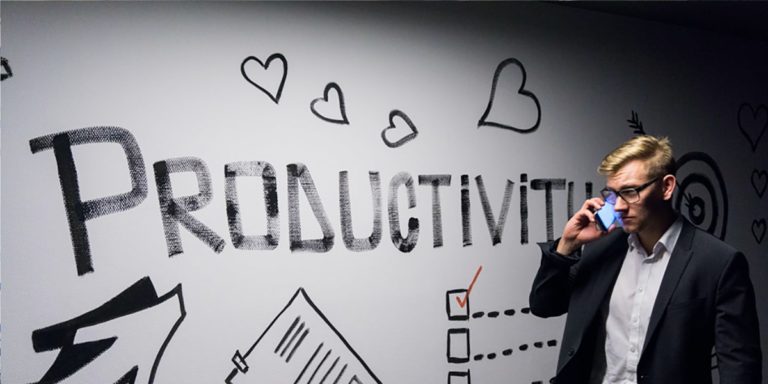Five Awesome Free Online Meeting Solutions to Keep Your Law Office Productive
Productivity in a professional setting is an important goal. However, sometimes that’s easier said than done, especially if you have a number of staff, associates, or partners working at different offices or locations.
Five Awesome Free Online Meeting Solutions to Keep Your Law Office Productive Read Post











